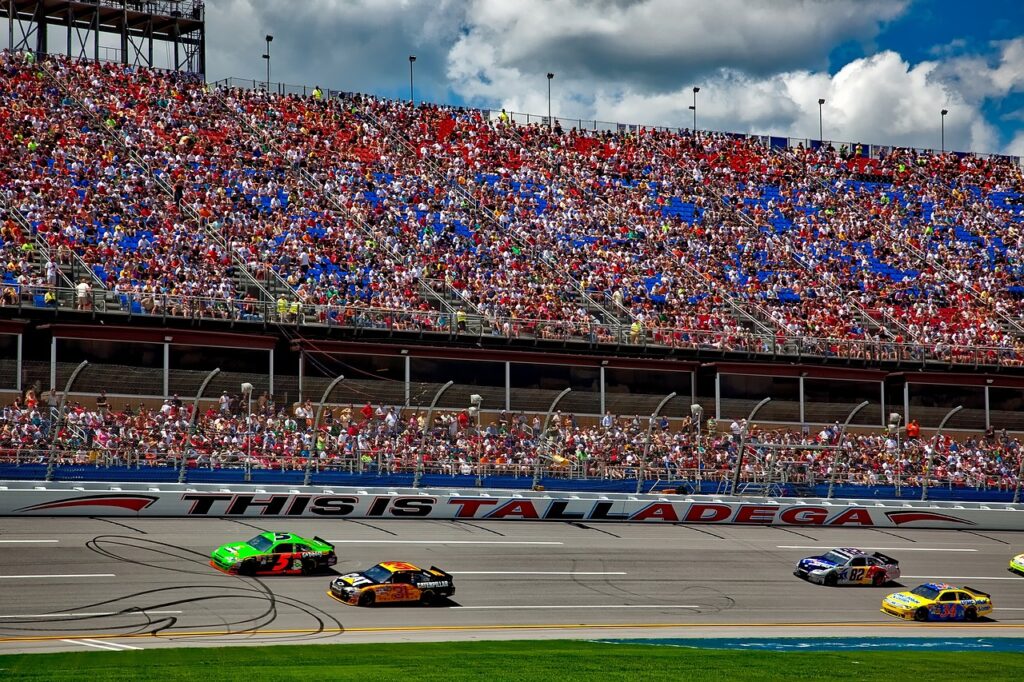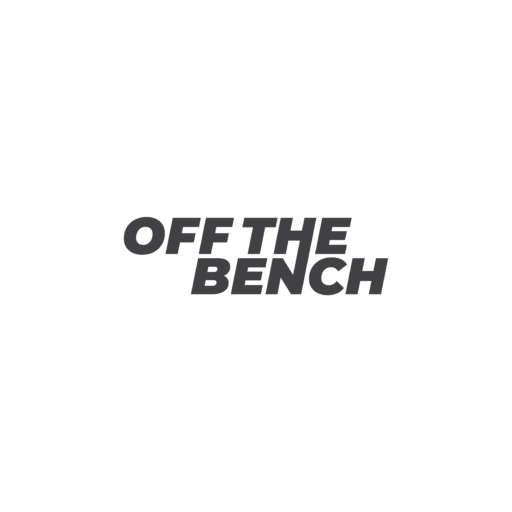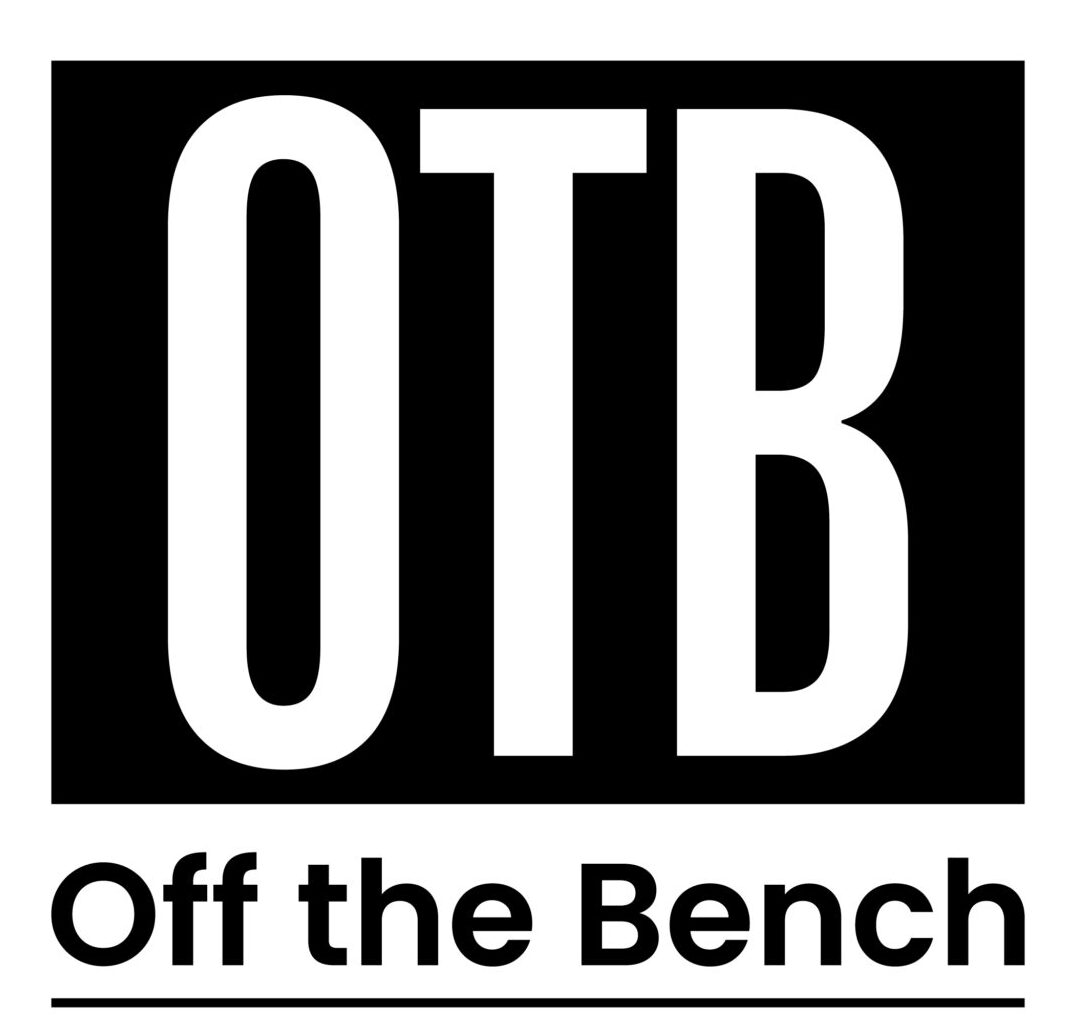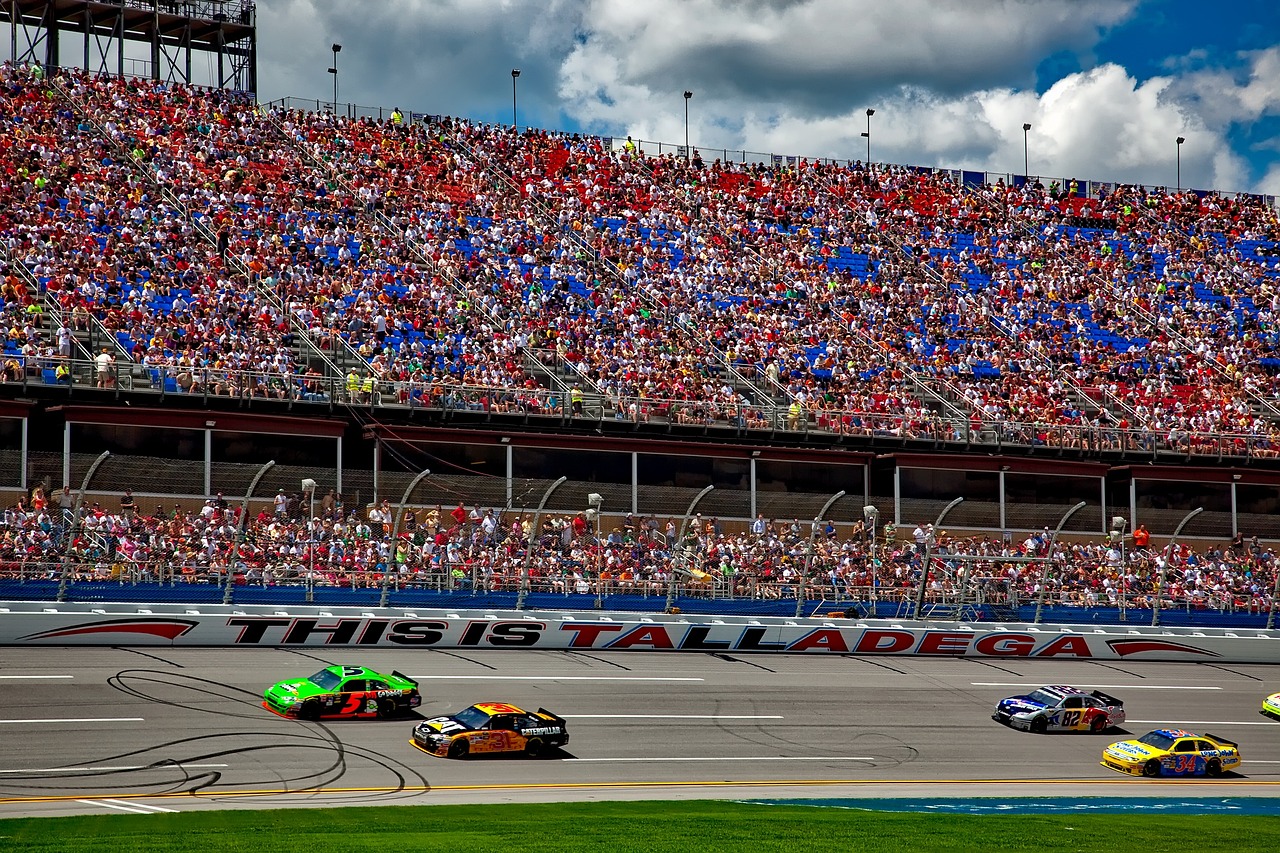
By: Staff; updated October 8, 2024
For those that did not already know, yes, Michael Jordan is co-owner of a NASCAR team, aptly named “23XI Racing.” Denny Hamlin is the other owner. Presently, Jordan’s team has two drivers: Bubba Wallace and Tyler Reddick. In 2024, NASCAR crowned Reddick the regular-season champion.
On October 2, 2024, Michael Jordan’s team (2311 Racing LLC doing business as 23XI Racing) and another team, Front Row Motorsports, Inc., filed a lawsuit in a North Carolina federal court against NASCAR and Jim France, the CEO, chairman, and executive vice president of NASCAR.
The lawsuit
Where can I just read the filed complaint? You can read the full complaint via Courthouse News: https://www.courthousenews.com/wp-content/uploads/2024/10/nascar-monopoly-antitrust.pdf.
Where was this case filed? The Plaintiffs filed this case in a federal trial court, the United States District Court, Western District of North Carolina, Charlotte Division. The plaintiffs are asking for a jury trial.
Antitrust
What type of case is this? This is what is called an “antitrust” lawsuit. In short, Congress originally created antitrust laws to protect economic competition. What’s more, these laws have been around in some form for over 100 years. The primary statutes that make up antitrust law include Sections 1 and 2 of the Sherman Act. And the only two claims being argued in this lawsuit are: (1) a violation of Section 2 of the Sherman Act (Monopolization) and (2) a violation of Section 1 of the Sherman Act (contract, combination, or conspiracy by Defendant in unreasonable restraint of competition).
For their two causes of action, the plaintiffs ask for money “for their past four years of antitrust injury” and “for the antitrust injury they will continue to suffer going forward.” In addition, they also ask for attorneys’ fees and for an “injunction.” An injunction is a court order that maintains the status quo at the time the lawsuit was filed (or in this case, to prevent NASCAR from taking the charters).
Under the Sherman Act, private parties may ask the court for “treble damages.” This just means that they ask for three times the actual or compensatory damages. So, if the court would normally award $10.00, a party could get $30.00 (3X the damages). The plaintiffs here are asking for treble damages.
This case also uses the rarely used word “monopsony.” This means one buyer exists while many sellers of a particular good or service exist.
Attorneys
Who are the attorneys in this case? Famed antitrust and sports lawyer Jeffrey Kessler and his team at Winston & Strawn LLP represent Plaintiffs 23XI Racing and Front Row Motorsports Inc. Kessler is Co-Executive Chairman of Winston & Strawn and has represented classes of college football and basketball players in an antitrust lawsuit against the NCAA. Consequently, this case paved the pave for the NIL laws that have proliferated college sports.
NASCAR went out and hired Chris Yates and his team at Latham & Watkins LLP. Chris Yates is a former co-chair of Latham’s Antitrust and Competition Practice. He has defended large sports organizations such as World Aquatics (formerly FINA), the US Soccer Federation, and the UFC.
The gist
What does that mean in plain English? In short, Plaintiffs argue in the complaint that the “2016 and 2025 Charter Agreements contain anticompetitive and abusive contract terms.” They say that these terms are “substantially inferior” to those that they “would be able to negotiate in a competitive market.” What are those terms? In particular: the mandatory release provision of the 2025 Charter Agreement and the Next Gen requirements” to “lock in the racing teams to NASCAR and further serve as a barrier to entry.”
History
What led up to this? NASCAR is a private business that has thirty-six charters. Teams signed a 2016 Charter Agreement. This charter required teams to “agree to not compete in any other professional stock car racing series.” It expires at the end of 2024.
In September 2024, NASCAR presented a final offer concerning revenue sharing for teams. While thirteen of the fifteen total teams signed, the two plaintiffs in this case did not. Charters are agreements between NASCAR and the individual teams that give teams certain guarantees. Here, the percentage of revenue distributed to teams is the most contentious of those guarantees.



